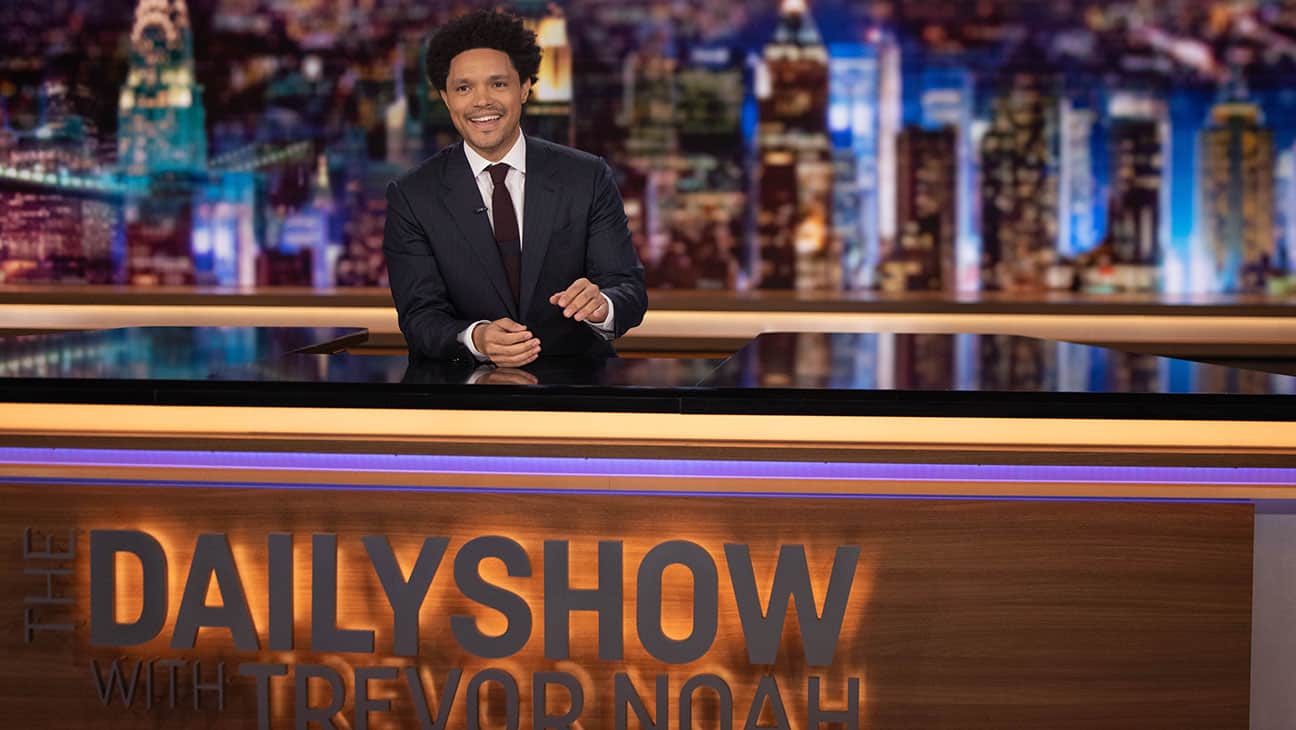In a recent development, Massachusetts regulators have taken a firm stance on the taxation of sports betting operators, disallowing them from deducting the value of free bets and promotional offers when calculating taxable revenue.
The Massachusetts Gaming Commission (MGC) engaged in extensive discussions surrounding the possibility of granting promotional deductions to legal sports betting operators within the state. Bookmakers expressed concerns that including promotional gaming credits would result in a reduced tax on actual revenue generated.
The issue stemmed from a lack of clarity in the Massachusetts sports betting law, as it was subject to last-minute negotiations by lawmakers in order to reach a compromise for the passage of the wagering legislation.
However, following consultations with legislators, the state’s attorney general, and a thorough review of early sports betting data, the MGC reached a unanimous decision, voting 5-0 in favor of including bonuses when determining the taxable revenue of operators.
Commissioner Eileen O’Brien emphasized that most states do not permit deductions related to promotions. Allowing such deductions in Massachusetts could impact the state’s tax revenue, a portion of which, 9%, is allocated to a Public Health Trust Fund dedicated to problem-gambling programs.
Under Massachusetts law, online sportsbooks are subject to a 20% tax on adjusted gross revenue, calculated as total wagering minus player winnings and federal handle tax. The tax rate for retail sportsbooks is 15%. In April alone, Massachusetts received $11.8 million in sports-betting tax revenue, generated from $58.9 million in taxable revenue.
O’Brien further expressed her belief that allowing deductions for promotional play would likely lead to an increase in the availability of such offers, which could have adverse effects on responsible gambling efforts and advertising practices within the industry. The MGC has already received substantial feedback regarding frustrations with promotional play advertisements.
This decision regarding the taxation of promotional play is not unique to Massachusetts but is a matter currently being grappled with by regulators and legislators across the United States. It serves as a reminder of the relatively new nature of sports betting in Massachusetts, with legal sports wagering only commencing at the end of January, followed by online betting in March. As the market continues to evolve, regulators face the task of ironing out details and addressing challenges.
One ongoing challenge relates to operators failing to adhere to the state’s approved betting catalog. Incidents of non-compliance have occurred at various casinos, including an instance where an online sportsbook operator unintentionally offered prohibited wagering markets.
On March 23, DraftKings reported to the MGC that it had accepted bets on unapproved tennis events for approximately two weeks. The operator erroneously facilitated 864 wagers totaling $7,867 on UTR Pro Tennis. DraftKings acknowledged the error, attributing it to miscommunication between its trading and trading compliance teams.
To rectify the situation, DraftKings voided all the affected wagers, refunded any winnings, and returned the stakes to the players, regardless of whether the bets were successful or not. Additionally, the bookmaker promptly removed all unapproved tennis markets from its platform.
Despite these corrective measures, DraftKings is likely to face disciplinary action from the MGC. A future hearing will be held to delve deeper into the incident and determine potential sanctions.
During Monday’s meeting, commissioners expressed frustration over the failure of operators to adhere to the approved events.
MGC Chair Cathy Judd-Stein emphasized the need to prevent such practices from recurring, stating, “We must ensure that operators understand that this is a matter the commission takes very seriously.”








